Mastering Control Relays: Unveiling Their Secrets, Applications, and Selection Guidelines
Relays are electrical control devices widely used in various electrical systems to manage circuit switches. Among these, control relays stand out as a special category with advanced control functions, allowing precise circuit switching based on external signals. In this article, we delve into the principles, applications, and future trends of control relays.
Principles of Controlling Relays
The fundamental principle of controlling relays involves using external electrical signals to govern the open or closed state of the relay. Typically consisting of control and execution circuits, the control circuit receives external signals and, based on specific conditions, controls the actions of the execution circuit, thereby achieving circuit switching. This design enables the versatile application of control relays in automation systems, electrical control systems, and more.
Applications of Controlling Relays
-
Industrial Automation: Control relays play a crucial role in industrial automation by controlling various devices such as motors, pumps, and fans. This ensures the stable operation of automated production lines.
-
Home Automation: With the evolution of smart homes, control relays find applications in home automation systems. Users can remotely control household appliances via smartphones or other terminal devices, enhancing convenience in daily life.
-
Energy Management: Widely used in the energy sector, control relays contribute to the control and protection of power systems. They monitor parameters like current and voltage, promptly disconnecting circuits to prevent overload or short circuits.
-
Traffic Systems: Control relays are utilized in traffic signal control. By controlling relays, traffic signal systems can achieve flexible signal timing, improving traffic flow.
Characteristics and Selection of Control Relays
Control relays exhibit specific characteristics that make them suitable for various applications. Some key features include:
-
Versatility: Control relays are versatile and adaptable to different electrical systems and automation scenarios.
-
Precision: They offer precise control, allowing for accurate switching of circuits based on specific input conditions.
-
Reliability: Control relays are known for their reliability, ensuring stable operation in critical applications.
When selecting control relays, it's essential to consider factors such as:
-
Current and Voltage Ratings: Choose relays with ratings compatible with the electrical system's requirements.
-
Contact Configuration: Opt for the appropriate contact configuration (normally open, normally closed) based on the specific application.
-
Environmental Conditions: Consider the operating environment to ensure the relay can withstand temperature, humidity, and other relevant conditions.
In conclusion, as technology advances, control relays are expected to become smarter, incorporating learning capabilities and wireless communication. The focus will likely shift towards energy-efficient solutions, integrating seamlessly with renewable energy systems. Control relays will continue to be a vital component in electrical control, evolving with innovation and technological advancements.
Subscribe to Us !
-
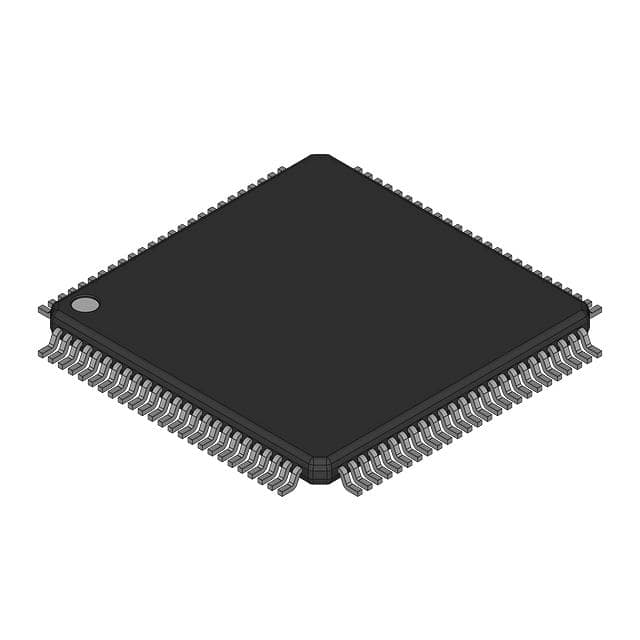 LV71081E-MPB-E
LV71081E-MPB-Eonsemi
-
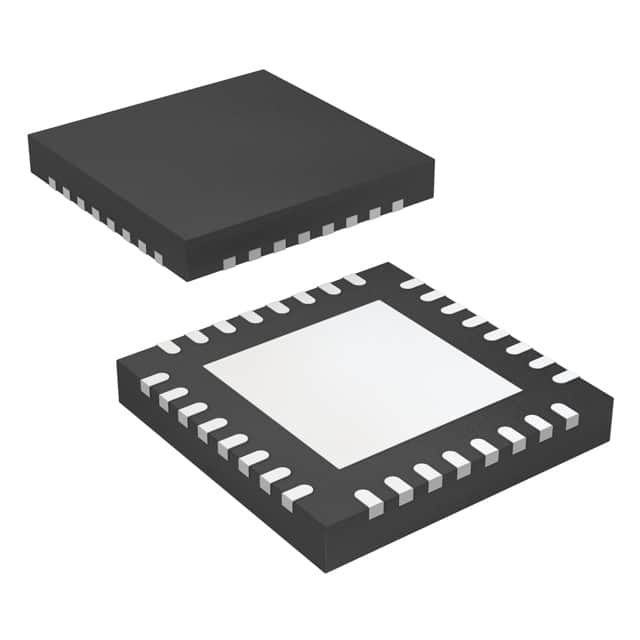 LMK00334RTVRQ1
LMK00334RTVRQ1Texas Instruments
-
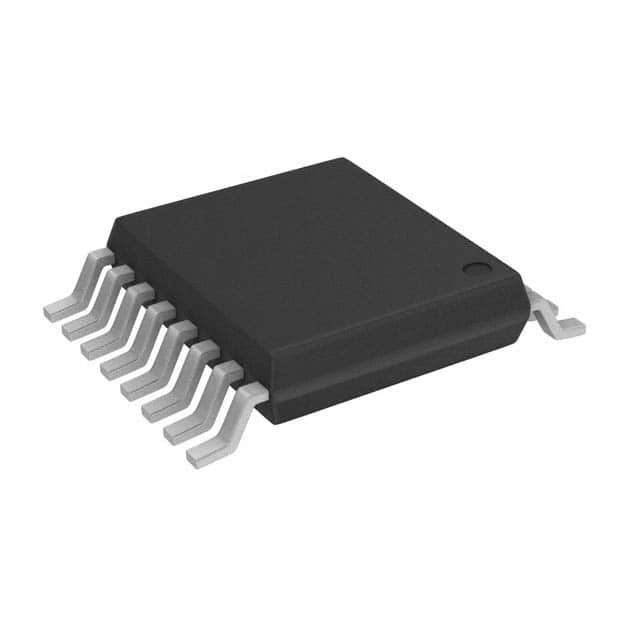 PI6C557-03LEX
PI6C557-03LEXDiodes Incorporated
-
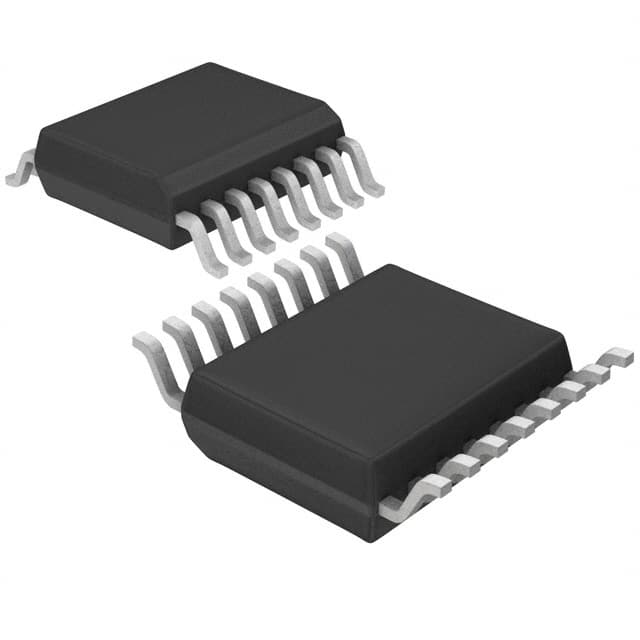 PCM1753DBQR
PCM1753DBQRTexas Instruments
-
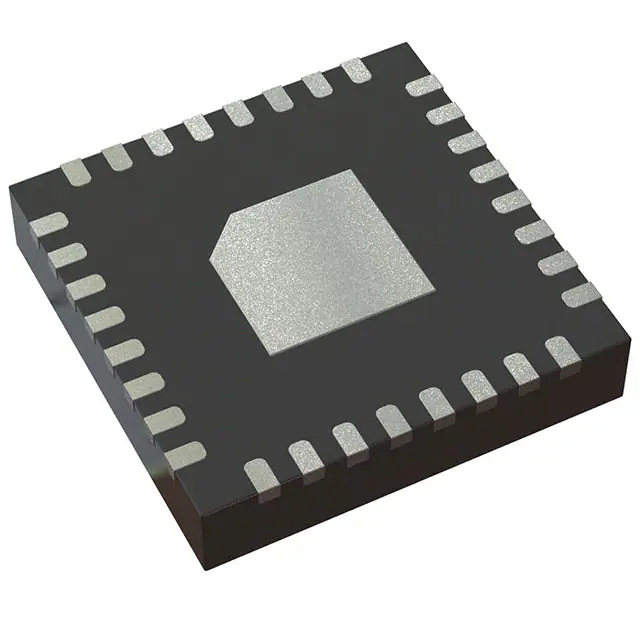 ADS1204IRHBT
ADS1204IRHBTTexas Instruments
-
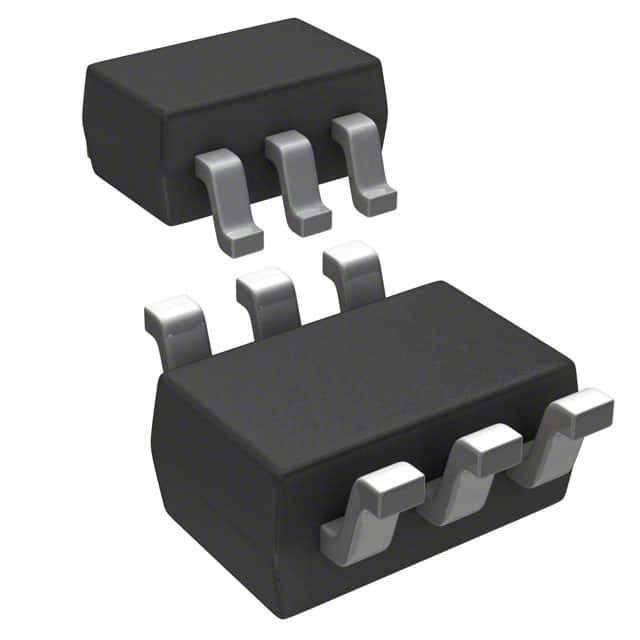 MCP4018T-104E/LT
MCP4018T-104E/LTMicrochip Technology
-
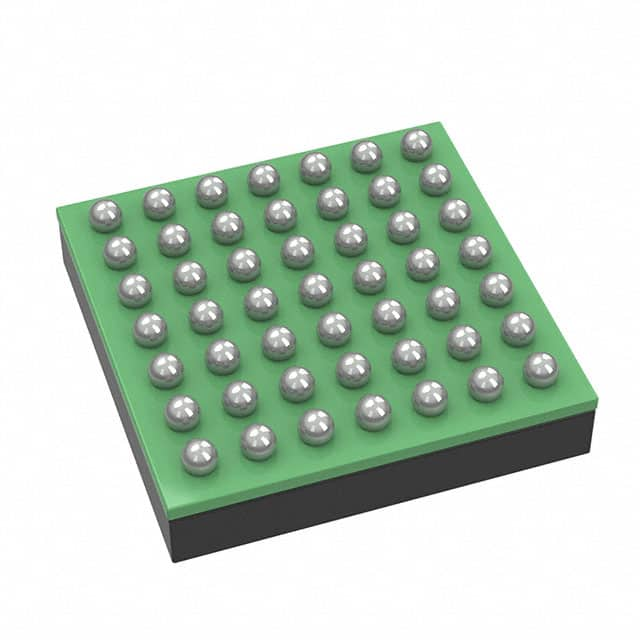 T4F49C2
T4F49C2Efinix, Inc.
-
.jpg) A40MX02-PLG44
A40MX02-PLG44Microchip Technology
-
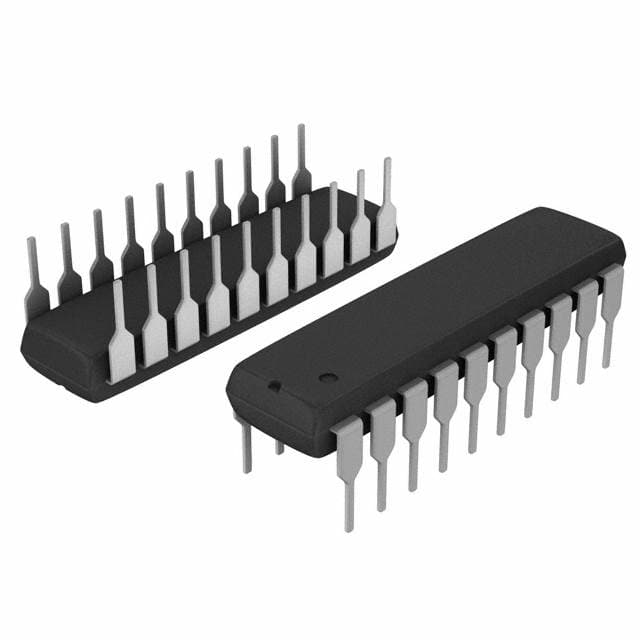 ATF16V8C-7PU
ATF16V8C-7PUMicrochip Technology
-
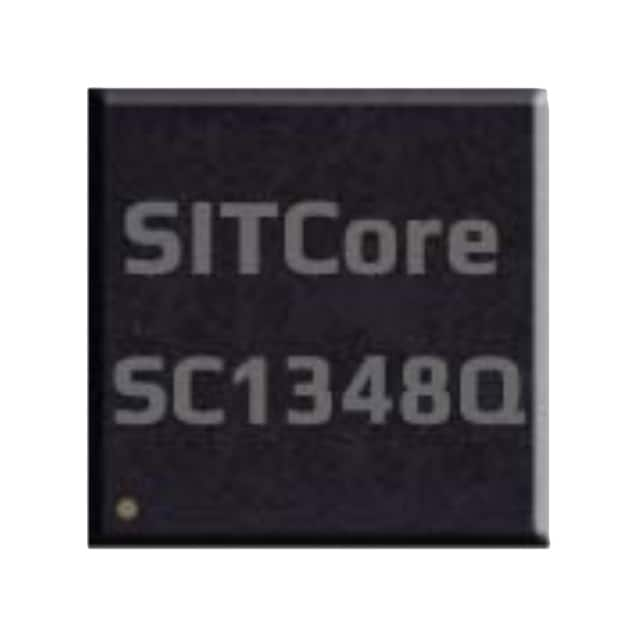 SC-13048Q-A
SC-13048Q-AGHI Electronics, LLC

